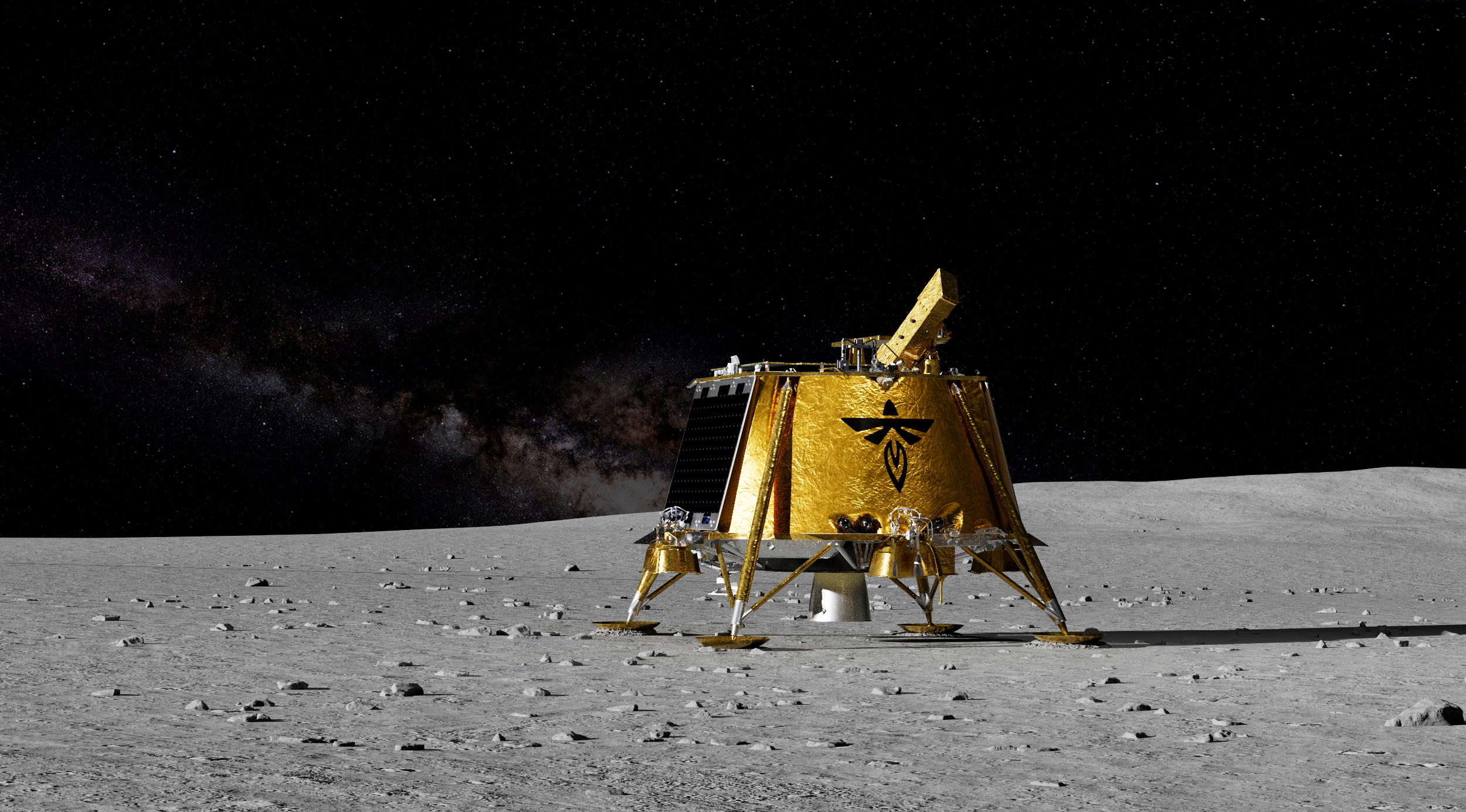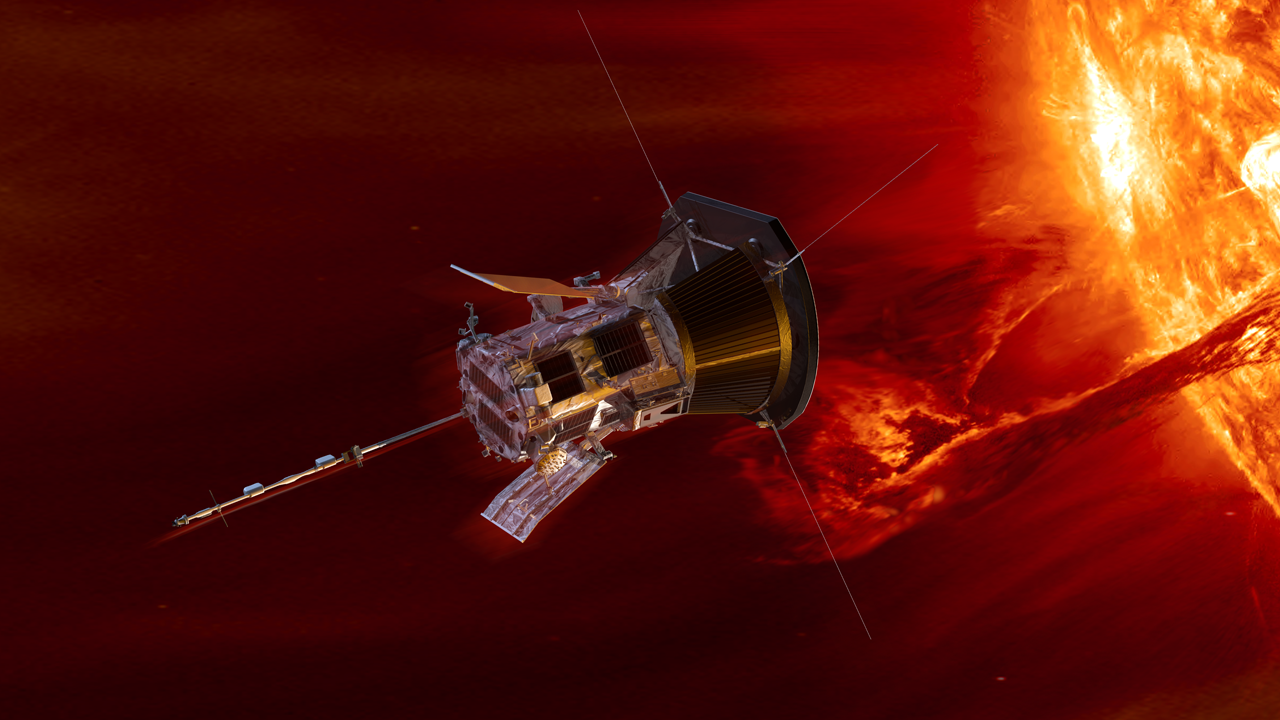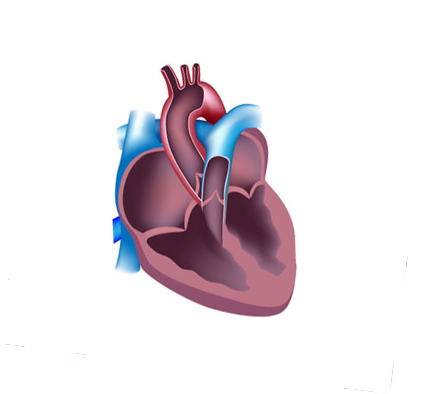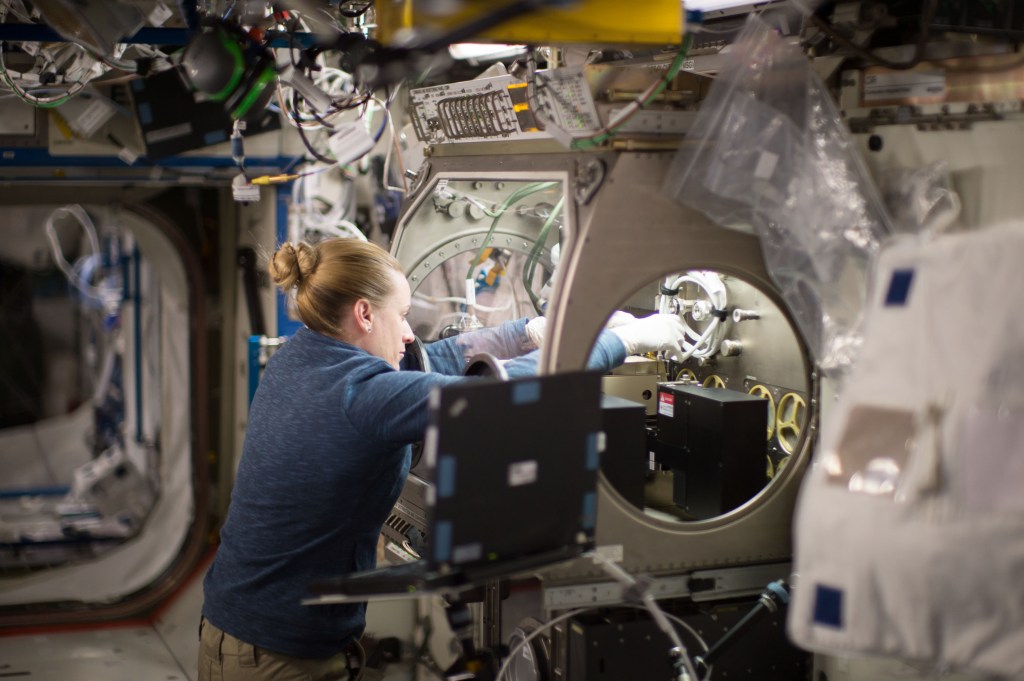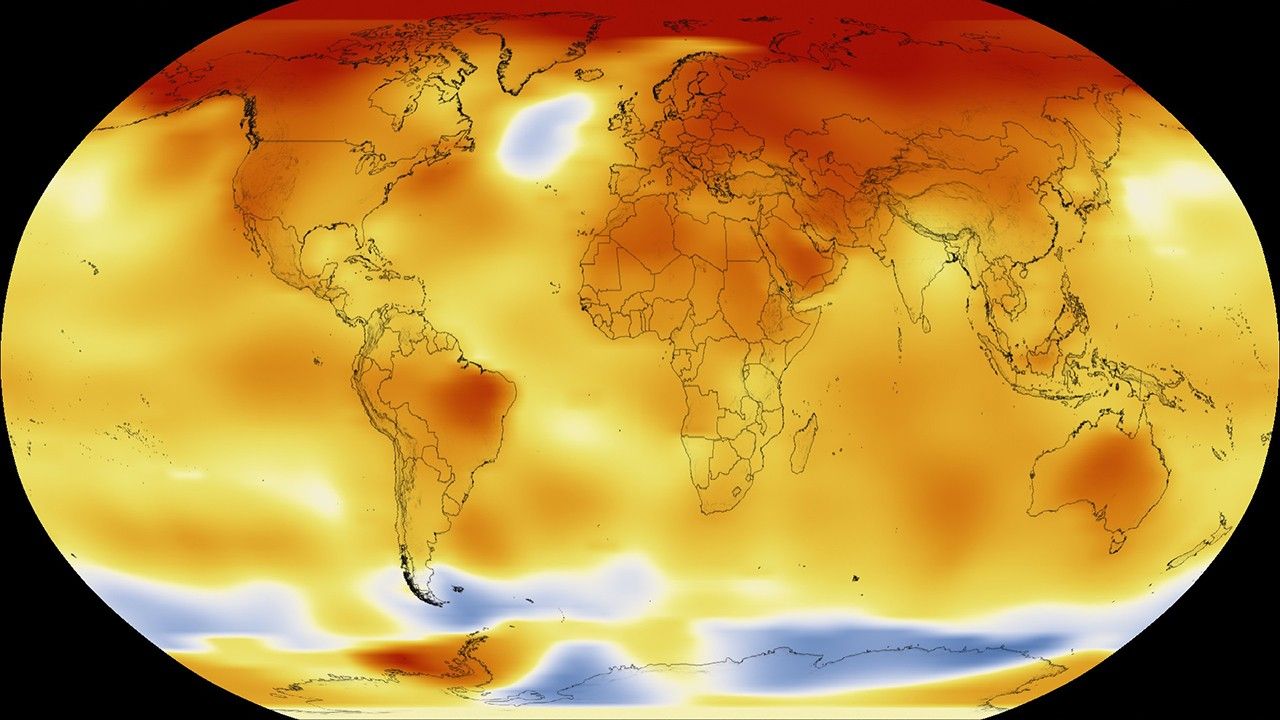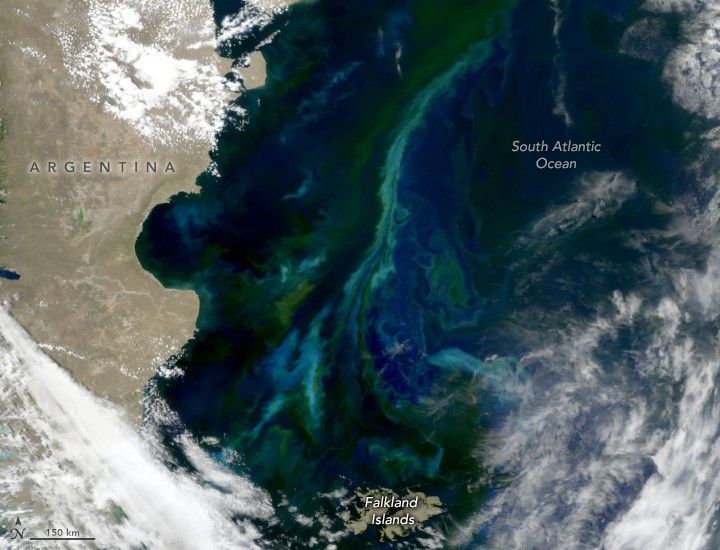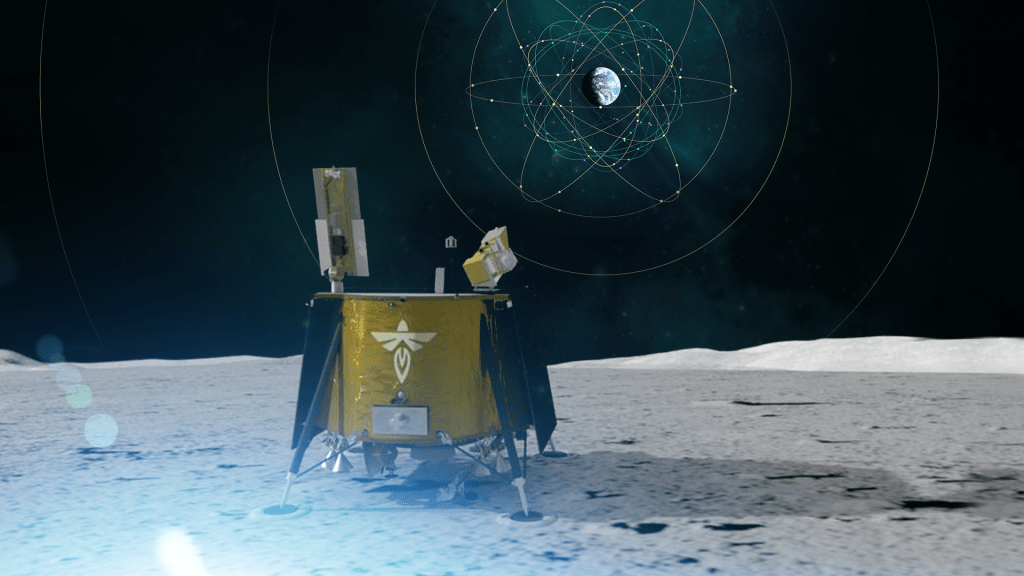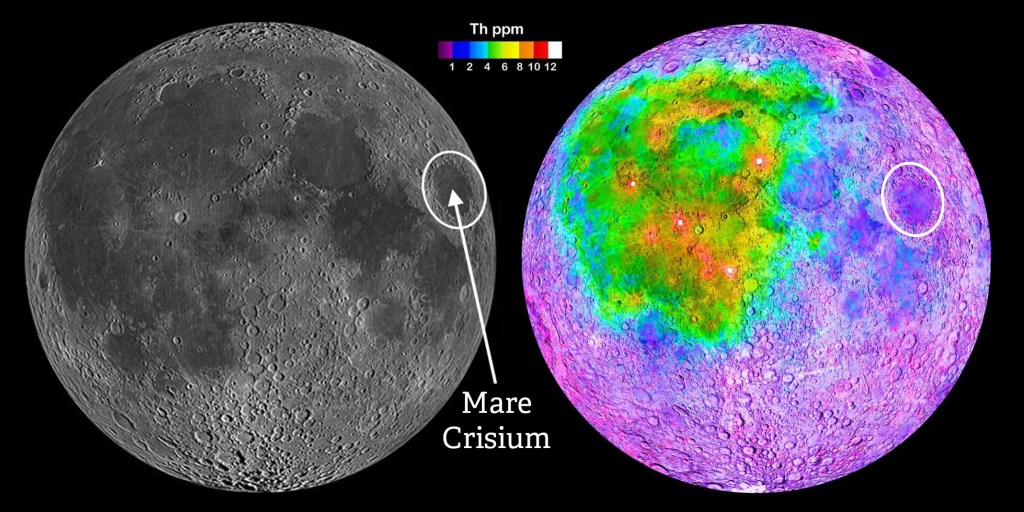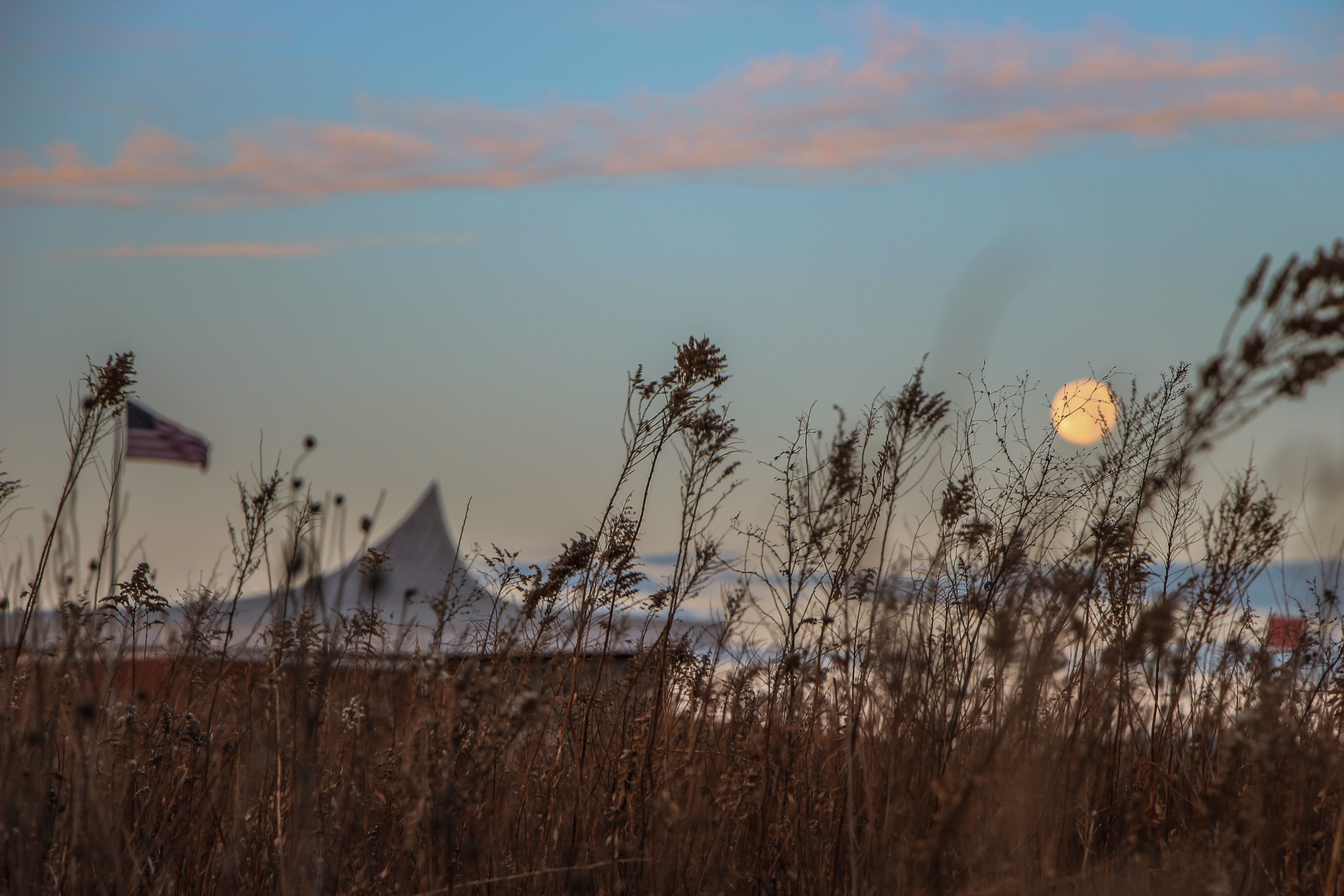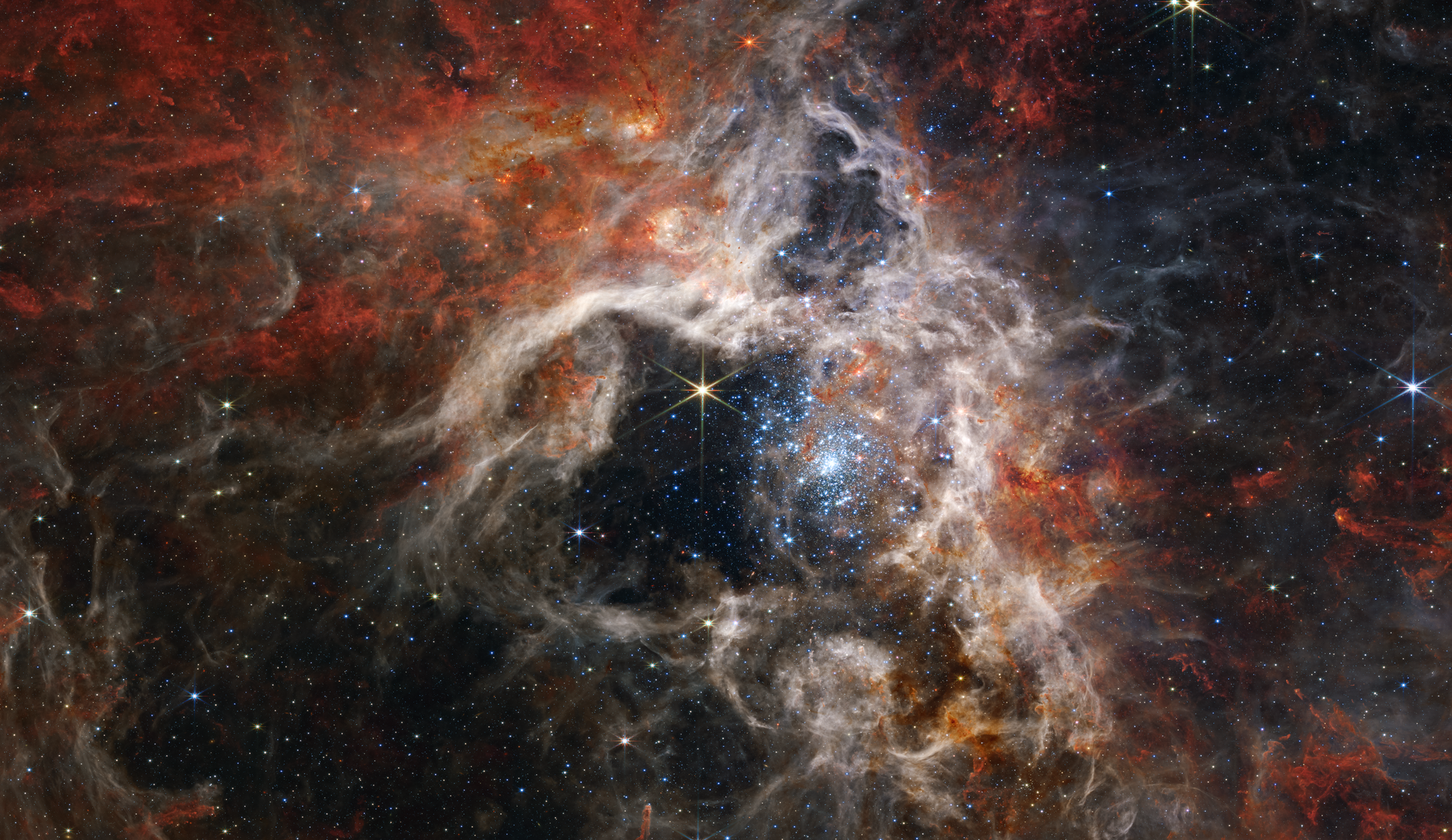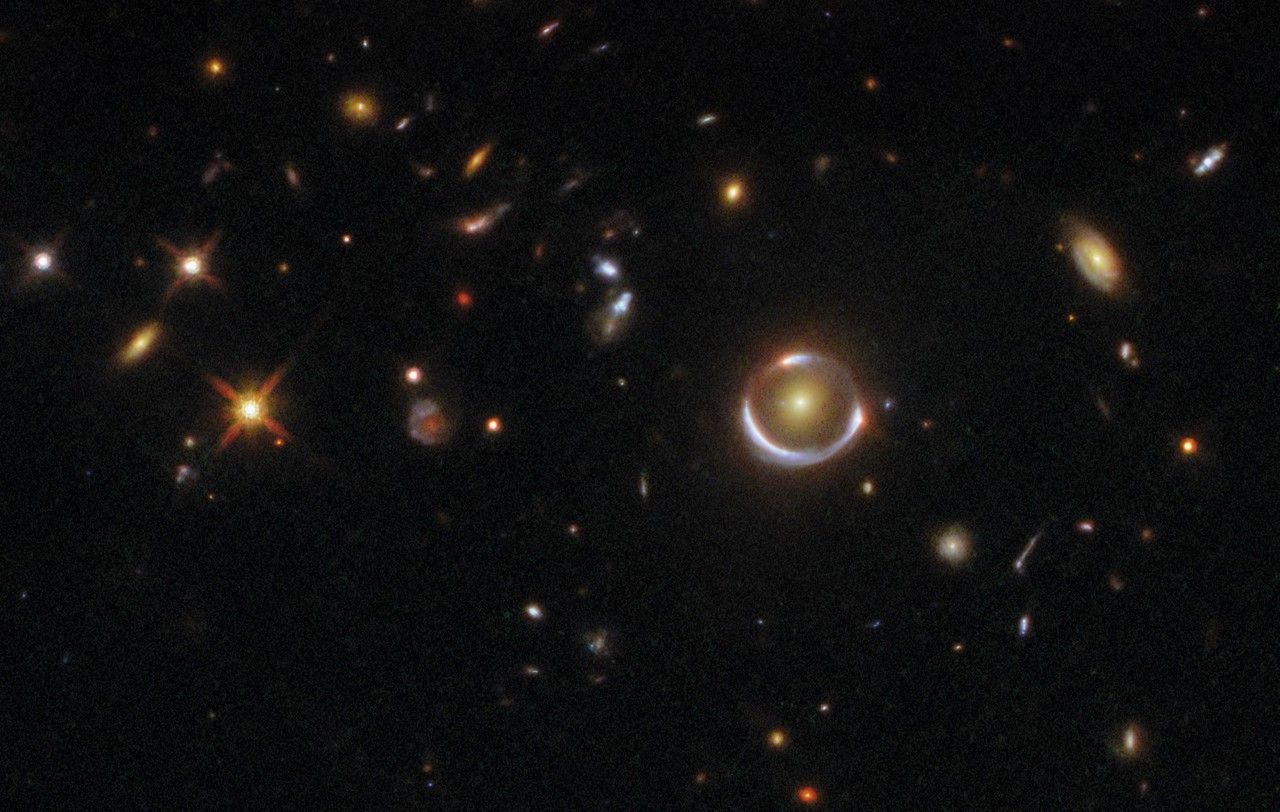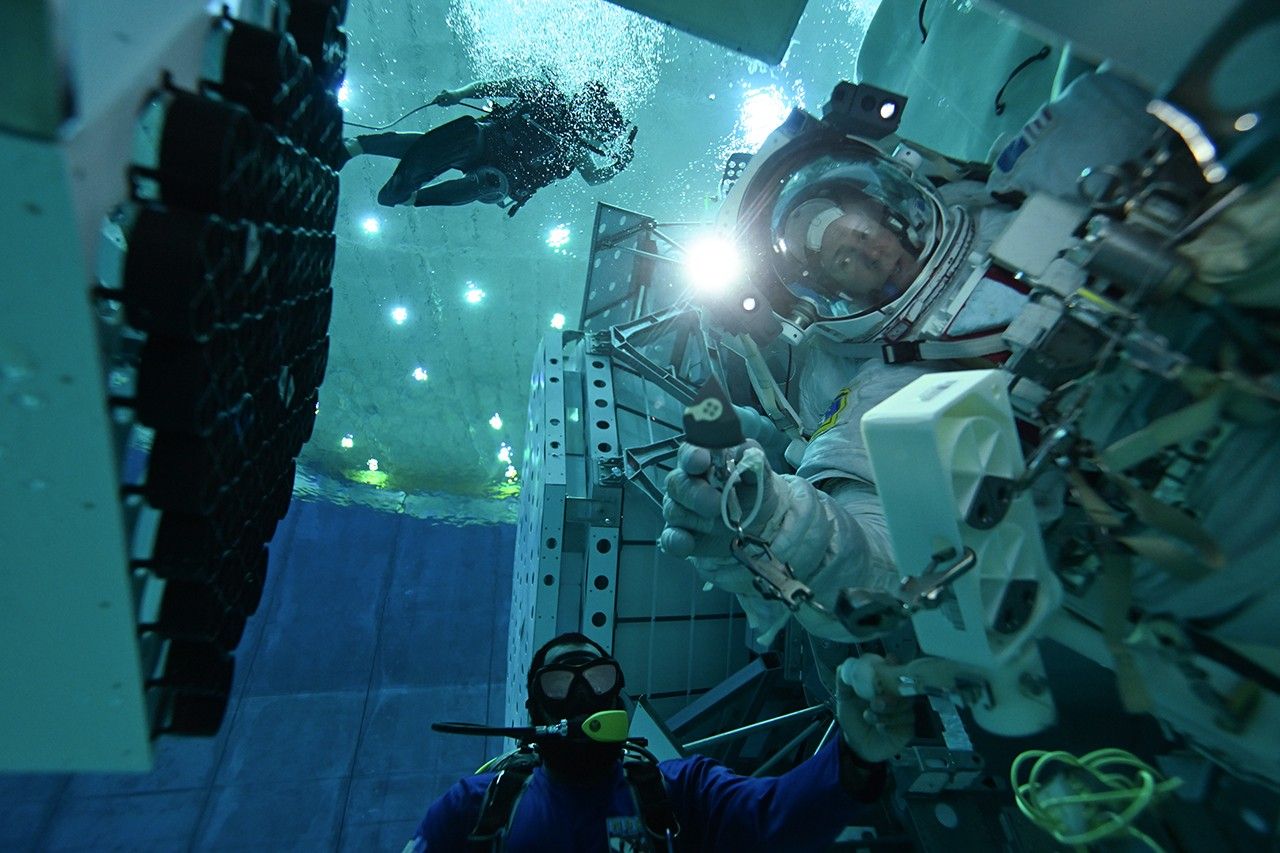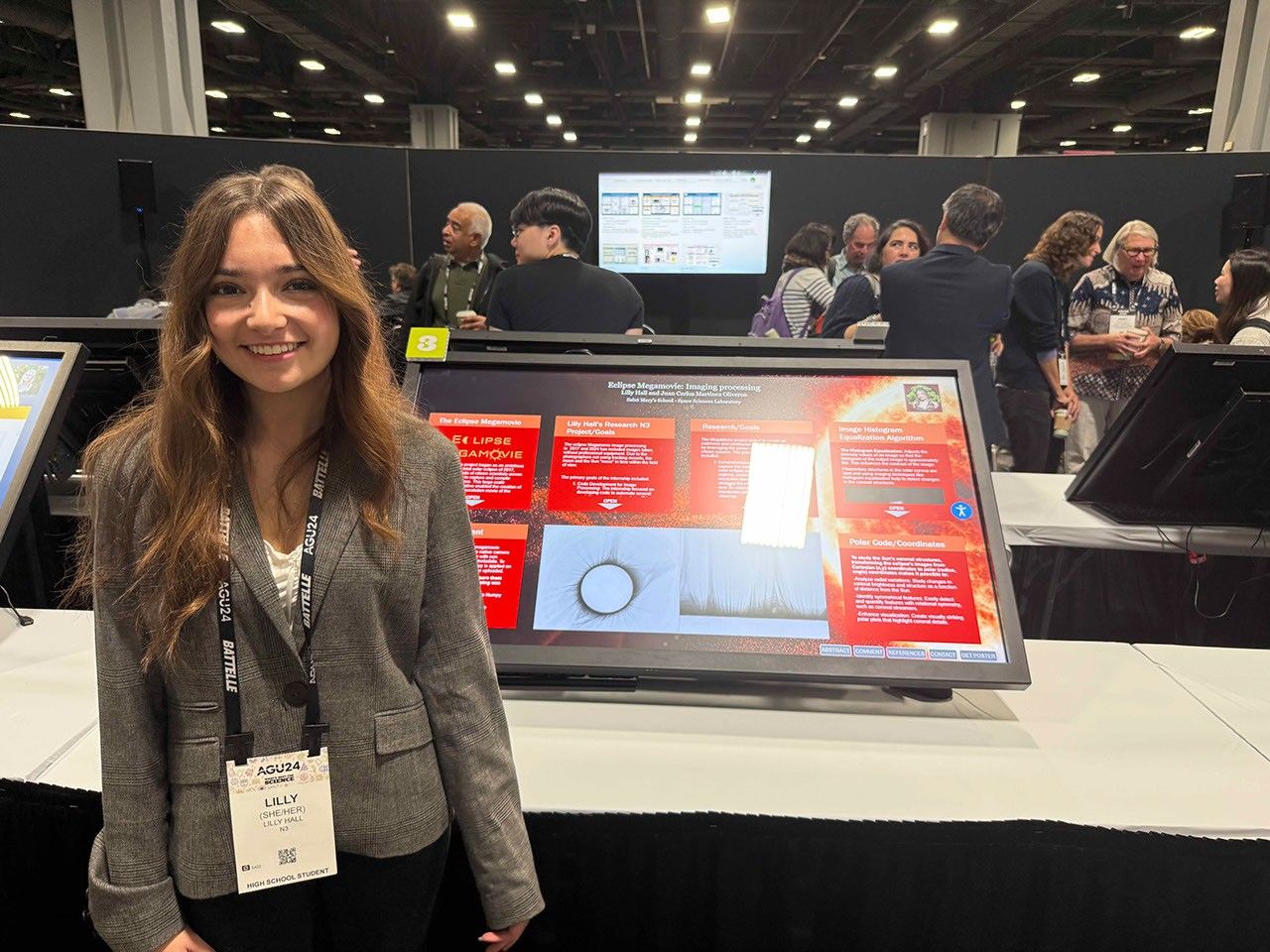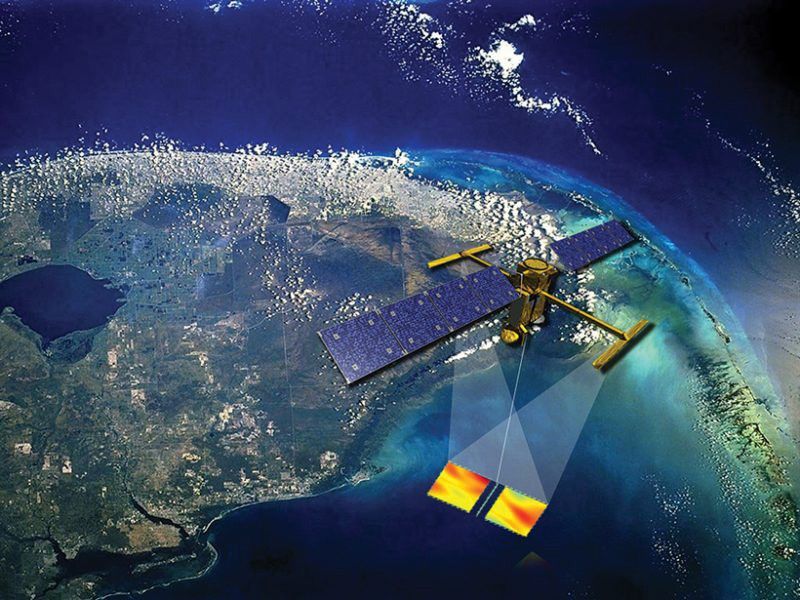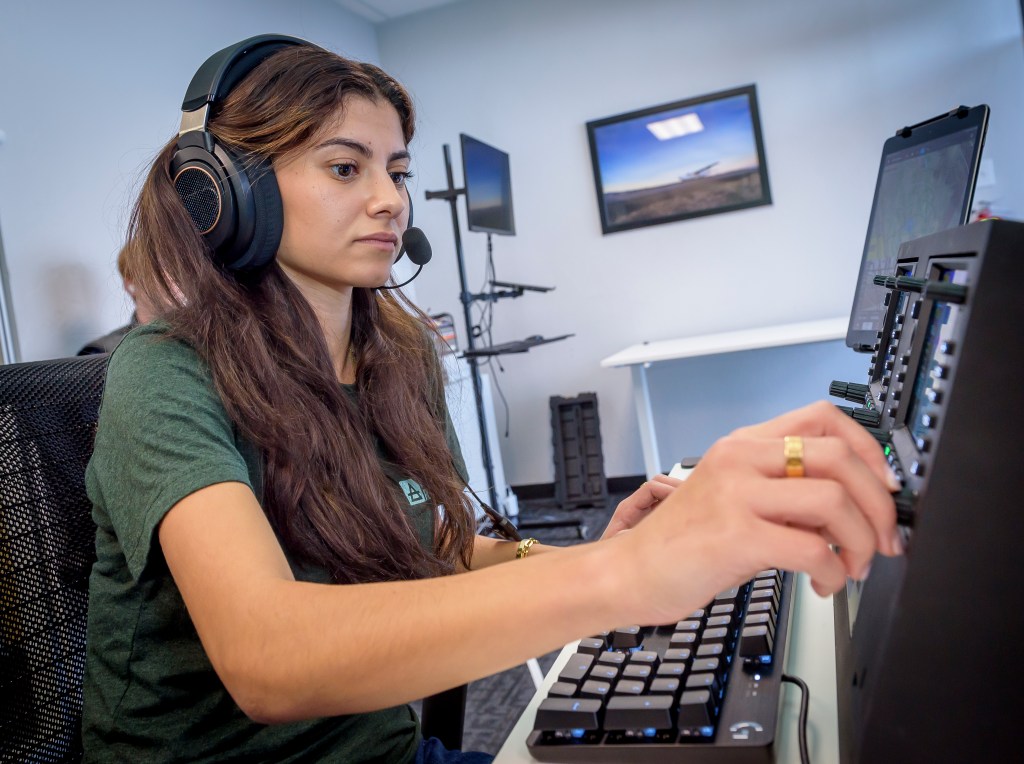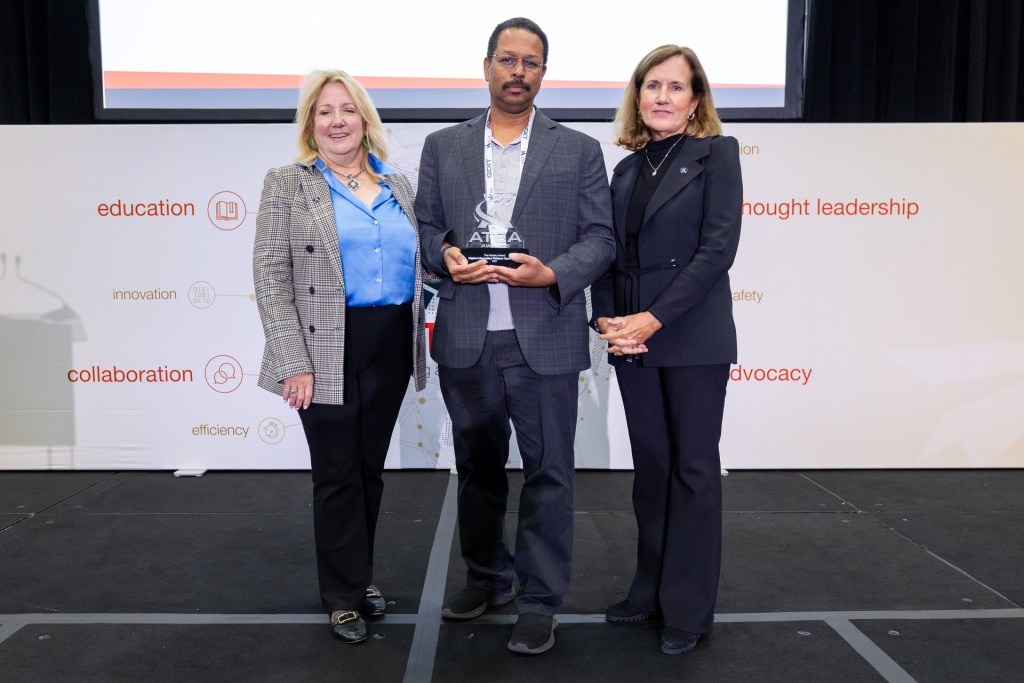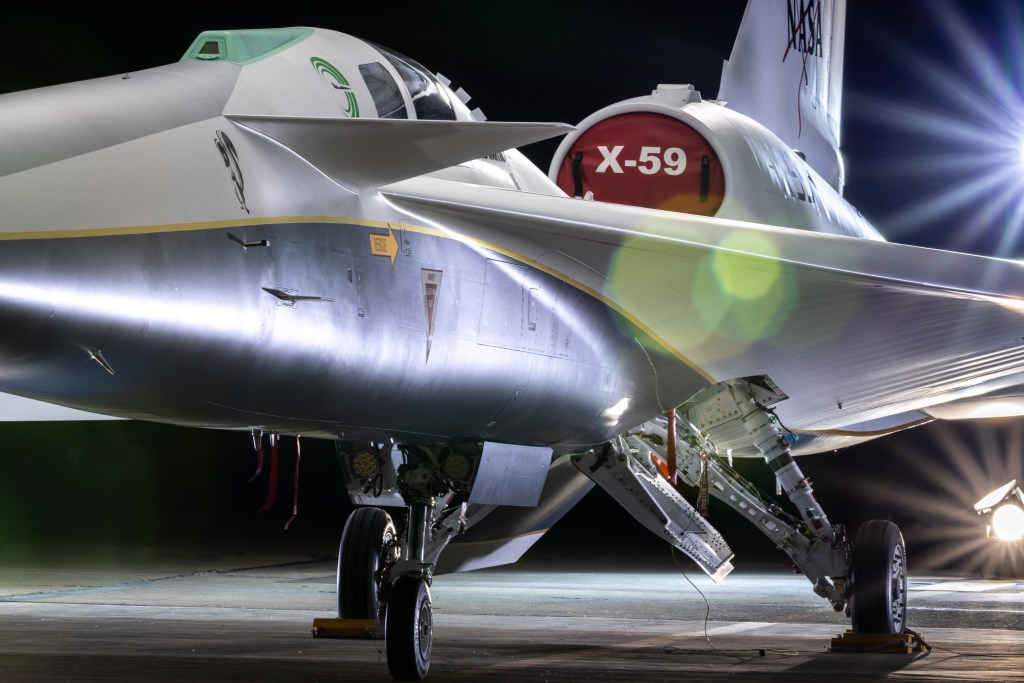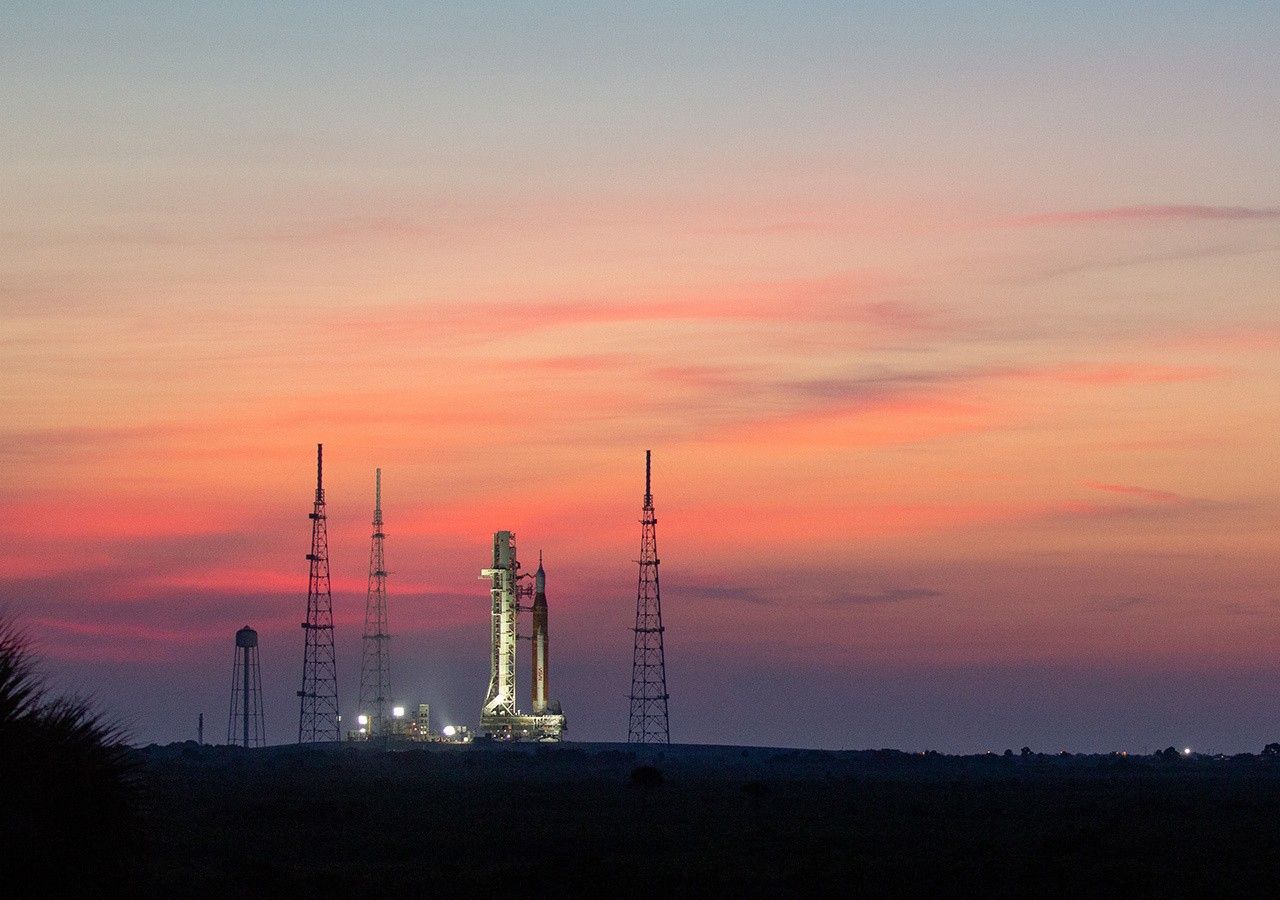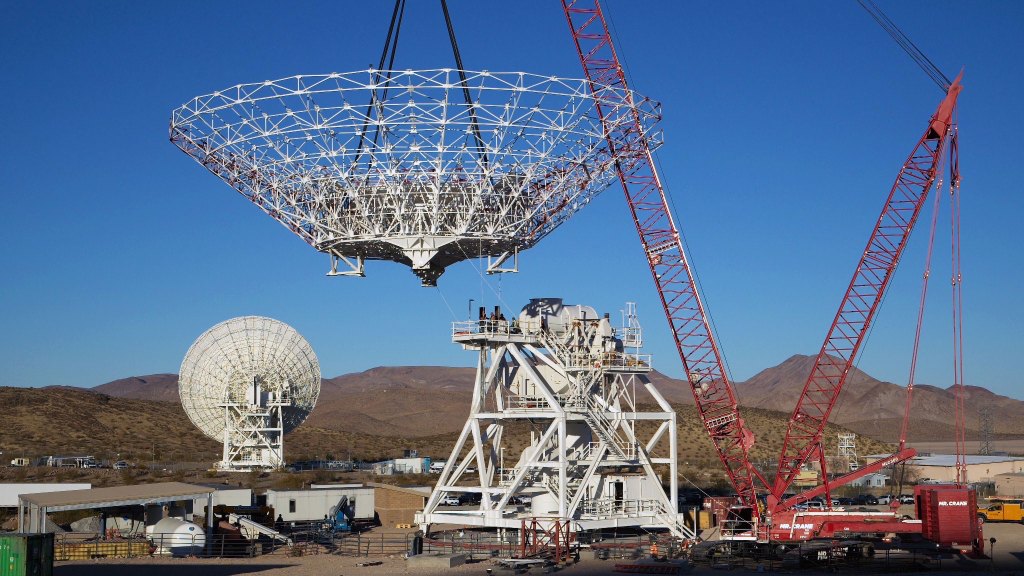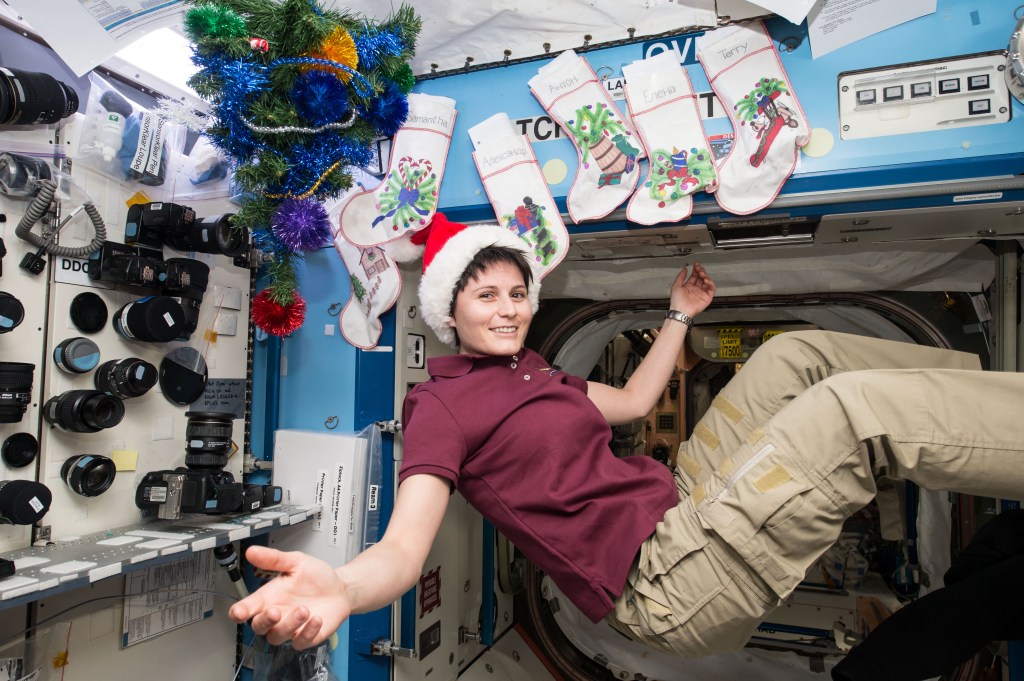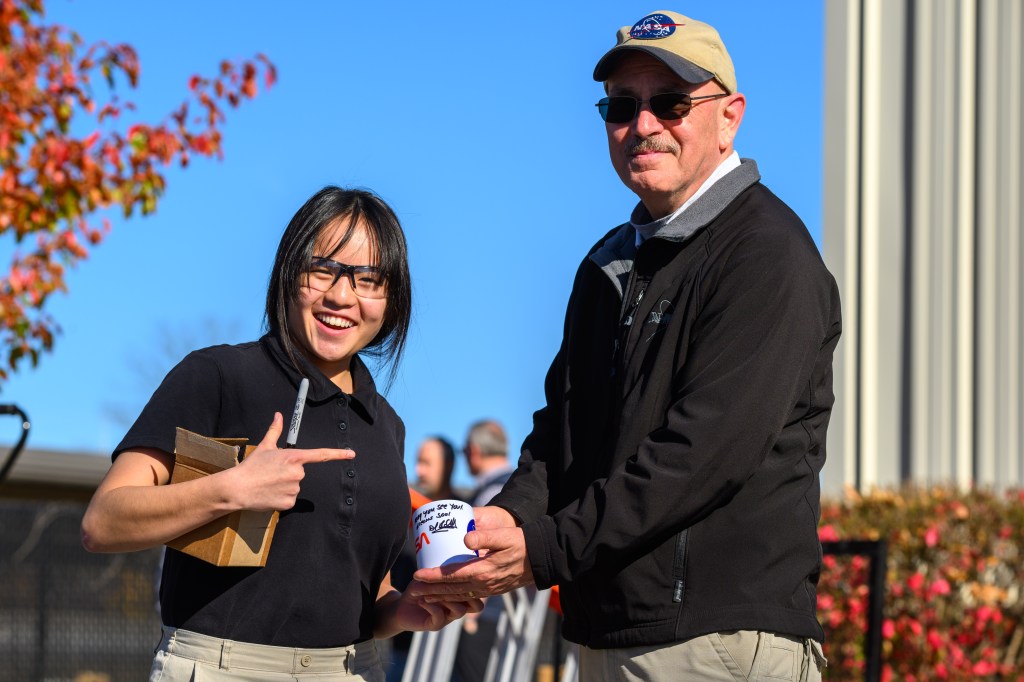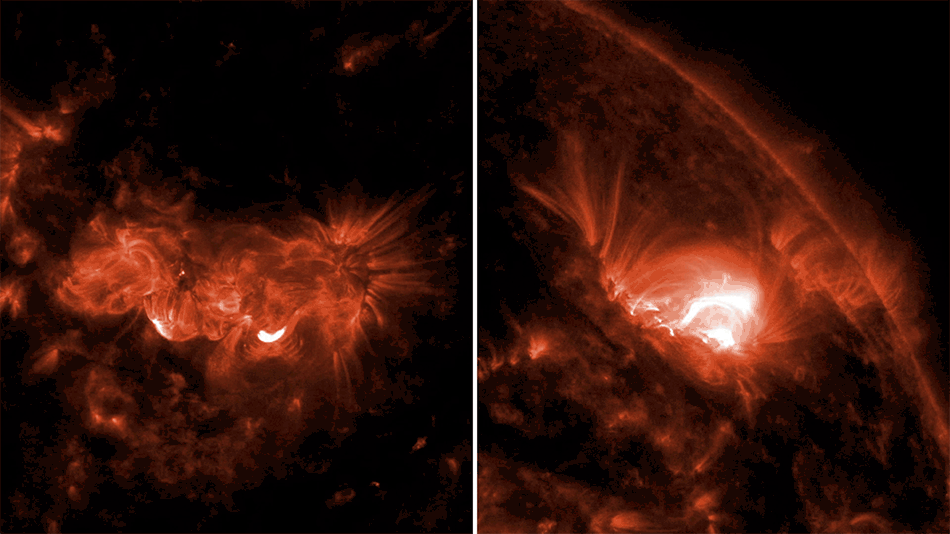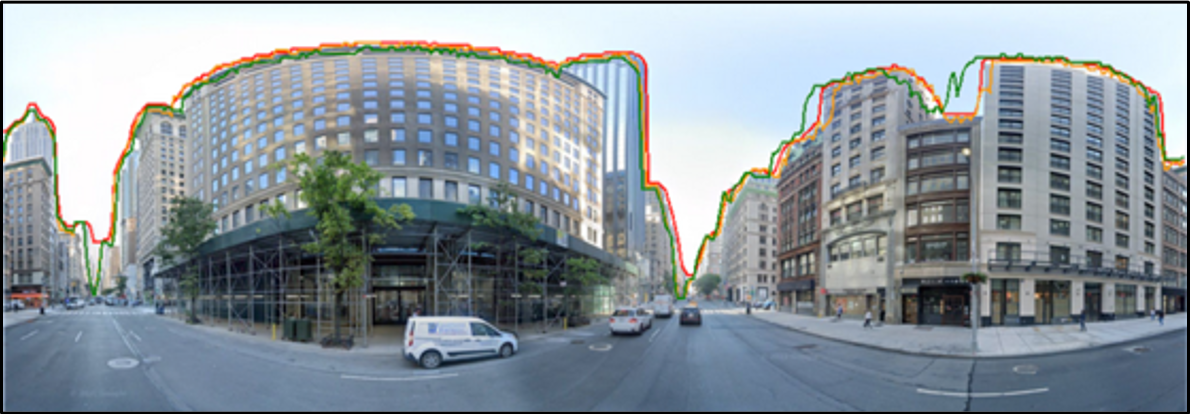The public is invited to a free lecture called ‘Cosmic Explosions and Cosmic Accelerators: Gamma-rays and Multi-messenger Astronomy,’ with Dr. Regina Caputo, NASA research scientist. The talk will occur in the Pickford Theater, third floor, Madison Building, 101 Independence Avenue SE, Library of Congress, Washington, D.C., on Thursday, August 8 from 11:30 a.m. to 12:30 p.m. EDT.
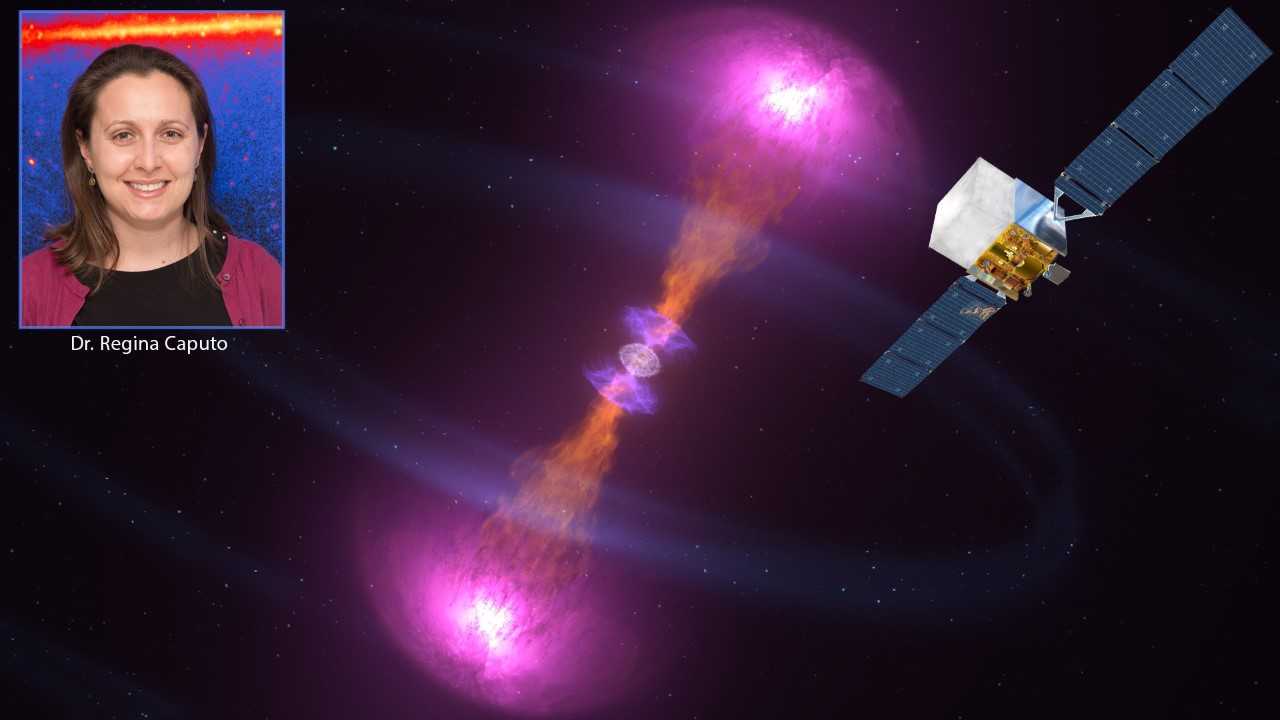
Dr. Caputo works at NASA’s Goddard Space Flight Center in Greenbelt, Md. on the NASA Fermi Gamma Ray Space Telescope team with data from the Fermi Large Area Telescope instrument to study. She is interested in dark matter searches, searches for new physics and all the astrophysics one must understand before discovering something new. She is also working on future gamma-ray instruments.
Astronomical processes, such as supernovae or gamma ray bursts, give off a variety of messenger signals. Astronomers observing these signals can get different information from different signals, and recently, by coordinating their observations of multiple messengers from the same event, they have begun to revolutionize our understanding of the extreme universe. Dr. Regina Caputo will discuss these jointly observed messengers and the contribution of the Fermi Gamma-ray Space Telescope at the forefront of this new era of astronomy.
She is a speaker in the 2019 NASA Goddard Lectures Series at the Library of Congress. Earlier talks in the NASA series included the topics of space weather, improved global water security and sustainability, how Mars has changed over time, NASA’s Hubble Space Telescope and the upcoming James Webb Space Telescope.
The Library of Congress maintains one of the largest and most diverse collections of scientific and technical information in the world. The Library of Congress is the nation’s oldest federal cultural institution and the largest library in the world and holds nearly 151.8 million items in various languages, disciplines and formats. The Library serves both Congress and the nation online and on-site in its reading rooms on Capitol Hill.
For inquiries about this or upcoming talks at the Library of Congress, the public can contact the library’s Science, Technology and Business Division at 202-707-5664. ADA accommodations should be requested five business days in advance at 202-707-6382 (voice/tty) or ada@loc.gov.
The lecture will be later broadcast on the library’s webcast page and YouTube channel “Topics in Science” playlist.
For directions, visit: http://www.loc.gov/visit/maps-and-floor-plans/ or www.loc.gov
For information about Dr. Caputo, visit: https://science.gsfc.nasa.gov/sed/bio/regina.caputo
For NASA’s Fermi website, visit: www.nasa.gov/fermi
Rob Gutro
NASA’s Goddard Space Flight Center, Greenbelt, Md.
301-286-4044
Robert.j.gutro@nasa.gov
Stephanie Marcus
Library of Congress, Washington
202-707-1192
smar@loc.gov


